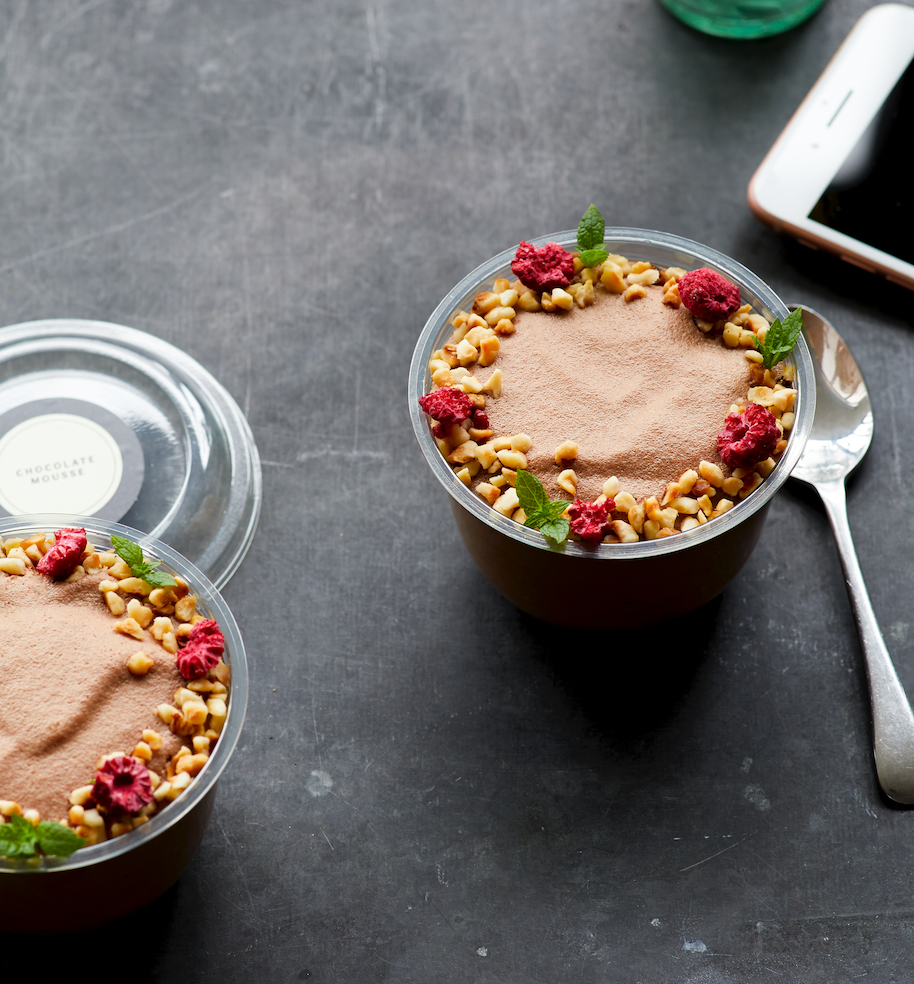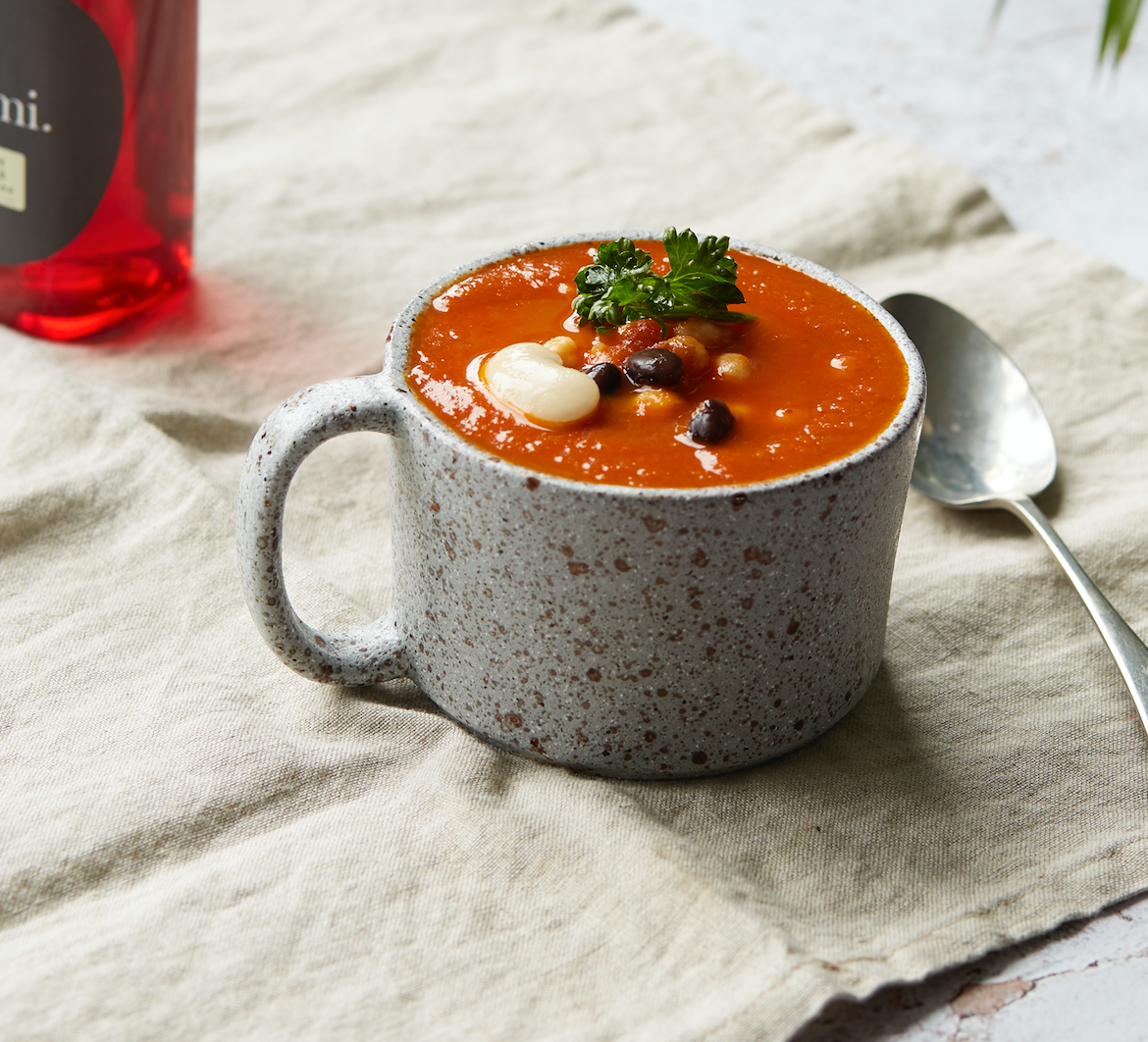
Have You Got a Sweet Tooth? Here is what our nutritionist thinks about the effect of sugar on gut health.
Sugar has become notorious for its supposedly negative impact on our health, resulting in a staggering number of claims that has flooded the media with regards to what sugar can do to the body.
The media has created many confusing conversations around sugar, and it has even led some to believe that it is not safe to consume at all, however that is truly not the case… at least not all of the time.
If you are usually one to go for the sweetest snack around when you need that mid- morning boost, or the usual afternoon slump pick-me-up, here is our nutritionist’s thoughts on your snack’s sugar content in relation to the gut:
Q: Let us begin by setting the record straight—is sugar bad for you?
When it comes to sugar, I think the question really, as with other dietary queries, is how much are we consuming and from what sources. Sugar is a type of carbohydrate which has been associated with many poor health outcomes, mainly because we are consuming too much of it. And this is specifically the type that is referred to as ‘free sugars’ that is added by the manufacturer to our drink or food. This also includes the sugar already inhoney, syrup and fruit juice. It is called ‘free’ because it is not within the cells of the food
we eat.
UK dietary guidelines suggest that not more than 5% of dietary energy (calories) should come from free sugars, but average adult intakes are around twice as much. This also suggests that we are eating too much of the foods and drinks with added sugar. Most of that comes from soft drinks and fruit juice, spreads, biscuits and cakes. This is based on the evidence that higher consumptions of sugars and sugars-containing foods and drinks being associated with a greater risk of tooth decay.
Q: When is one having too much sugar, and should fruit be counted?
Sugar can be quickly absorbed into the bloodstream and some people have cited that sugar causes ‘energy crashes’ but we should be taking a broader overview when it comes to sugar. In particular, sugar provides energy, so foods and drinks higher in sugar also contain more calories. There is also a concern that eating foods high in sugars especially when it comes to sugary drinks being linked to poor dental health.
Whole fruit and vegetables do not fall into the category that provides ‘free sugars’ so this is why many people say not all sugars are the same.
Q: How does one’s sugar intake affect the gut?
Sugar comes from a broad category of foods, so it is important that we consider the types of food when thinking about the overall nutritional effect on the gut. We know for sure that the trillions of the gut microbes thrive on dietary fibre, and generally speaking foods high in sugar do not provide plenty of dietary fibre. Further, there is evidence showing that consuming too much sugar can increase the risk of inflammation but the research in the area of sugar intakes and gut health remains limited.
Q: How can one decrease their cravings for sugar?
Reasons that contribute to our desire for sugary foods are multifold. Having regular meals that are nutritionally balanced and packed with fibre seems to have a positive effect on our feelings of fullness, so that might help with keeping sugary foods at bay. But it is important to remember that any changes to diet and food preferences require time as well, so it is helpful to take small and gradual steps too.
If you are trying to cut down on sugar, it might be helpful not to stock too many foods and drinks high in sugar at home. Although not entirely like for like, as a swap for sugary snacks, it might be useful to have a pot of yogurt with cut fruit or even small meals as snacks such as a slice of toast with different toppings in between meals.
The bottom line…
Sugar, just as any food, cannot be classified as neither “good” nor “bad”, however it is recommended that it should be consumed in moderation and most of us should be limiting it.
Instead of cutting the sweet snacks out, why not switch it up? Replace your regular high sugar snacks with more nutritious snacks that are not only lower in sugar, but higher in nutrient density and fibre, therefore benefitting your mood, gut, and energy levels.



